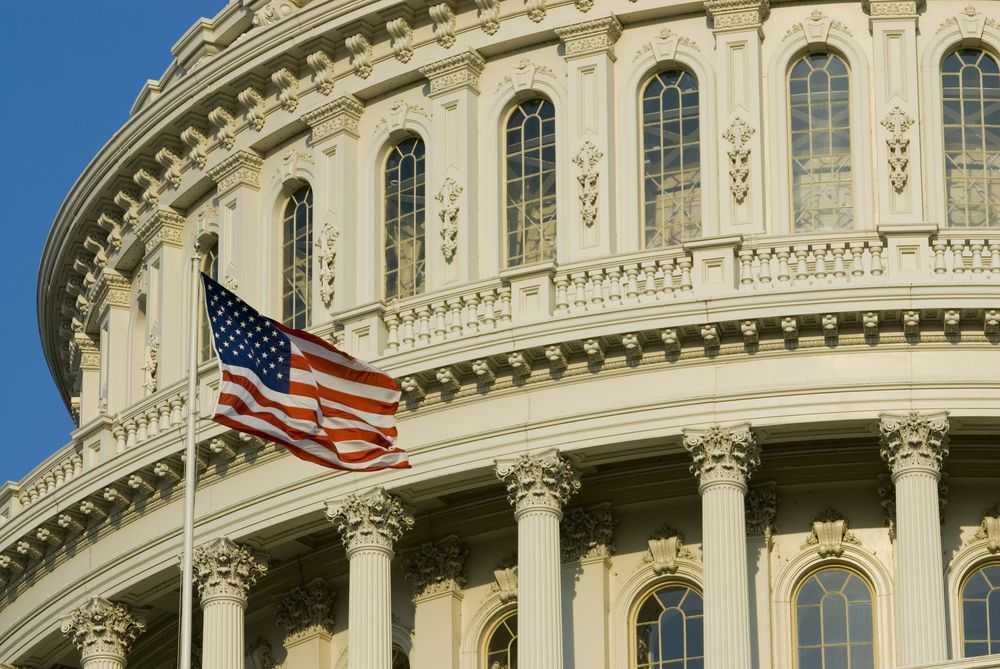Home>[SGCEE] Who controls nominations for the U.S. House of Representatives?

18.04.2023
[SGCEE] Who controls nominations for the U.S. House of Representatives?
About this event
18 April 2023 from 12:30 until 14:00
Room K011
1 pl. Saint-Thomas-d'Aquin, 75007, ParisOrganized by
CEE - CEVIPOFInterest groups, local party organizations, and activists have in recent decades been largely absent from scholarship on American political parties. Elections have been viewed as “candidate-centered” races whose outcomes depended on the skills and energies of individual candidates and the positions they took on the left-right dimension. But a 2012 paper by Bawn et al. attracted wide attention with the claim that interest and values groups work through parties to nominate and elect candidates who will advance the groups’ agendas in government.*
My seminar will present evidence from a study of nominations for the House of Representatives intended to explore this group-centric view. The study is based on field interviews and other evidence from 53 open seat primaries in the 2013-14 election cycle. The study found that about 45 percent of House primary winners anchored their campaigns in a single interest or values group and another 35 percent in some form of party. These two categories overlapped, with local parties often dominated by group interests. Coordination among groups in support of a mutually acceptable candidate was widespread, but so was conflict between insurgent and establishment factions, especially in Republican primaries. Candidates were important actors, but their ability to mount strong campaigns depended on establishing credentials as effective agents for group agendas. The research presented in this seminar is from the Parties on the Ground project at UCLA, joint work with Kathleen Bawn, Knox Brown, Angela Ocampo, Shawn Patterson, and John Ray.
Speaker
John Zaller has worked widely in the field of American mass politics, including research on political culture, public opinion, mass communication, presidential nominations, and House nominations. He taught at UCLA from 1986 to the present and is now Research Professor Emeritus. He was elected to the American Academy of Arts and Sciences in 1997. He received his B.A. degree in history from UC San Diego in 1971 and his Ph.D. in political science from UC Berkeley in 1984. His mentors at Berkeley were Nelson Polsby, Chris Achen, and Herb McClosky. He worked as a journalist before entering graduate school.
Chair
Jan Rovny, Sciences Po, CEE & LIEPP
Cover image caption: US Chamber (credits: Kent Weakley)
About this event
18 April 2023 from 12:30 until 14:00
Room K011
1 pl. Saint-Thomas-d'Aquin, 75007, ParisOrganized by
CEE - CEVIPOF